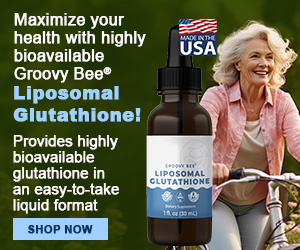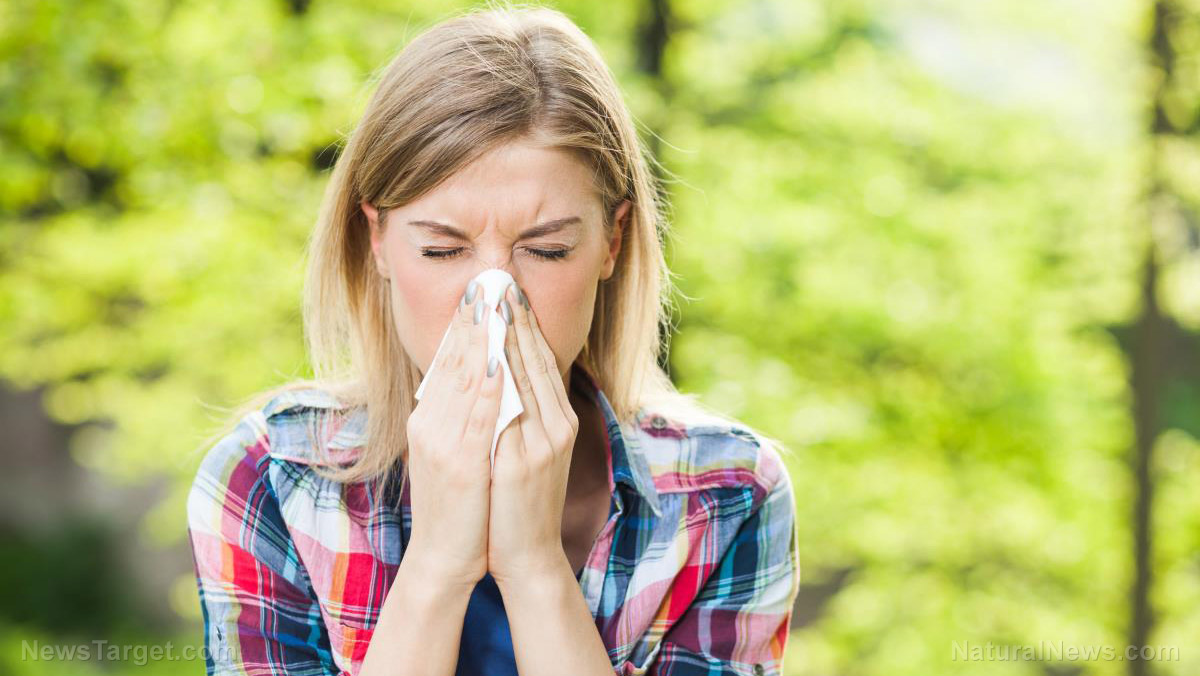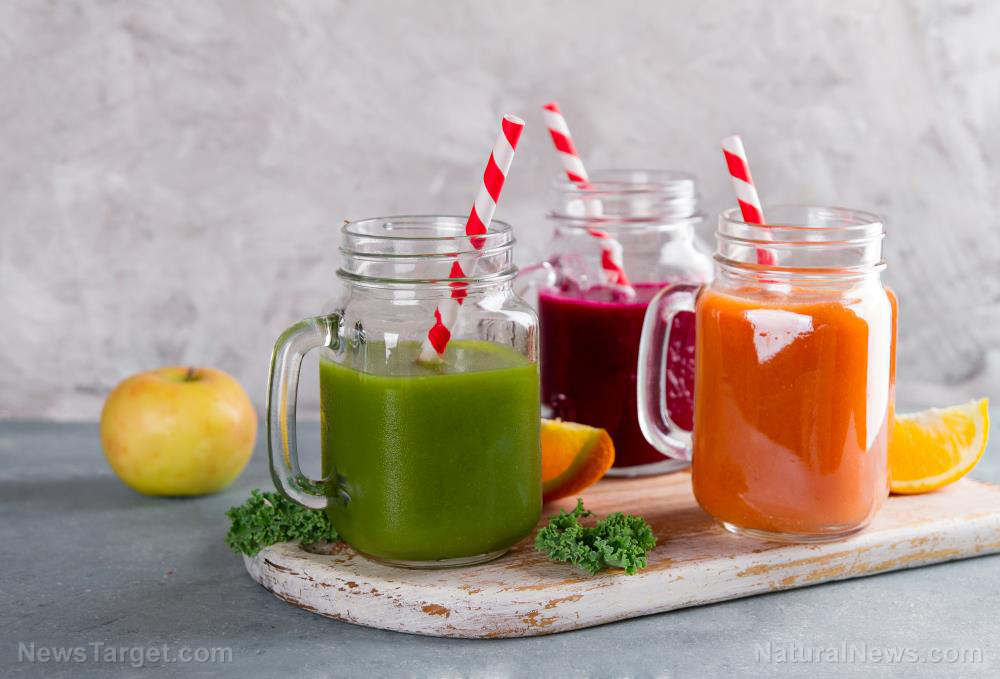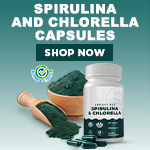
It’s always tempting to eat snacks that contain all sorts of food additives. If you’re having trouble saying no to junk food, consider this: Food preservatives may be a source of temporary satisfaction, but they are simply bad news for your health.
A study has even found that these chemicals aren’t just toxic – they can also be the reason why you can’t maintain a healthy weight.
That bag of chips doesn’t look too good now, does it?
Animal studies have pointed to the link between preservatives in breakfast cereals and other foods and obesity in the past, but this is the first time such findings have been confirmed in humans. In a study published in the Nature Communications journal, researchers from Cedars-Sinai Medical Center used a new protocol to test the effects of endocrine disruptor chemicals on humans.
The power of the elements: Discover Colloidal Silver Mouthwash with quality, natural ingredients like Sangre de Drago sap, black walnut hulls, menthol crystals and more. Zero artificial sweeteners, colors or alcohol. Learn more at the Health Ranger Store and help support this news site.
Three chemicals commonly found in everyday life were tested in the study. The first, butylhydroxytoluene (BHT), is an antioxidant that is added to many popular breakfast cereals and other foods in order to keep the fats in them from becoming rancid and to protect their nutrients. It’s so toxic that it’s banned from food in several European countries, but it can still be found in American cereals.
The second chemical studied, perfluorooctanoic acid (PFOA) is a polymer that is used in carpeting and cookware, along with many other products. The compound tributyltin (TBT), which is found in paints and often makes its way to water, where it accumulates in seafood, was also studied.
According to the researchers, each of the chemicals studied damaged the hormones that send communications between the brain and the gut, and when all three are present, their effect is heightened. Among the three chemicals studied, BHT had the most negative effect.
For the study, the researchers took blood samples from adults and introduced reprogramming genes that converted the cells to induced pluripotent stem cells. These stem cells were then used to grow epithelium tissue, which is what lines the human gut and the neuronal tissues in the hypothalamus, the part of the brain responsible for regulating metabolism and appetite.
Next, they exposed these tissues to the three chemicals individually and in combination to observe what occurred. The chemicals were observed disrupting the networks that help signaling hormones make their way safely out of cells, and they also damaged the cellular structures responsible for converting food and oxygen into energy, the mitochondria.
Interference with signals to stop eating when full
Their findings indicate that exposure to these chemicals on a regular basis can affect the signals the digestive system sends to the brain to tell people that their hunger has been satisfied and they should stop eating. It is when this signaling system stops working properly that people continue eating even though they are full, thereby gaining weight.
With more than a third of American adults now considered obese, this is useful information that can help guide food decisions in those looking to lose some weight. Moreover, the new testing system could offer a very useful, affordable and safe method for evaluating how the many chemicals in our environment affect our health.
Over 80,000 chemicals are currently registered for use in America in everyday items ranging from food and personal care items to lawn care products and household cleaners. The U.S. Department of Health and Human Services’ National Toxicology Program states that the effects of a lot of these chemicals on human health are unknown.
Ethical issues surrounding the exposure of human subjects to substances that could be harmful are a big obstacle when it comes to testing chemical safety, so this new approach could prove significant in helping to properly assess the chemicals people are exposed to regularly.
How to avoid preservatives
Follow the tips below if you want to avoid preservatives and eat clean:
- Don’t eat processed meats, especially if you’re pregnant.
- Cook healthy meals using fresh or frozen fruits and veggies.
- Don’t use plastics with recycling codes 3 (these plastics contain hormone-disrupting phthalates), 6 (these plastics are based on styrene) and 7 (these plastics are made with bisphenols like BPA).
- Encourage your family to wash their hands thoroughly before eating, drinking or preparing food. Handwashing and washing fruits and veggies can prevent the transfer of toxic chemicals from your environment into the food you prepare.
- Wash all fruits and vegetables that can’t be peeled.
Don’t eat processed foods, improve your eating habits and follow a balanced diet to avoid harmful preservatives that may negatively affect your hormones and cause obesity.
Sources include:

















